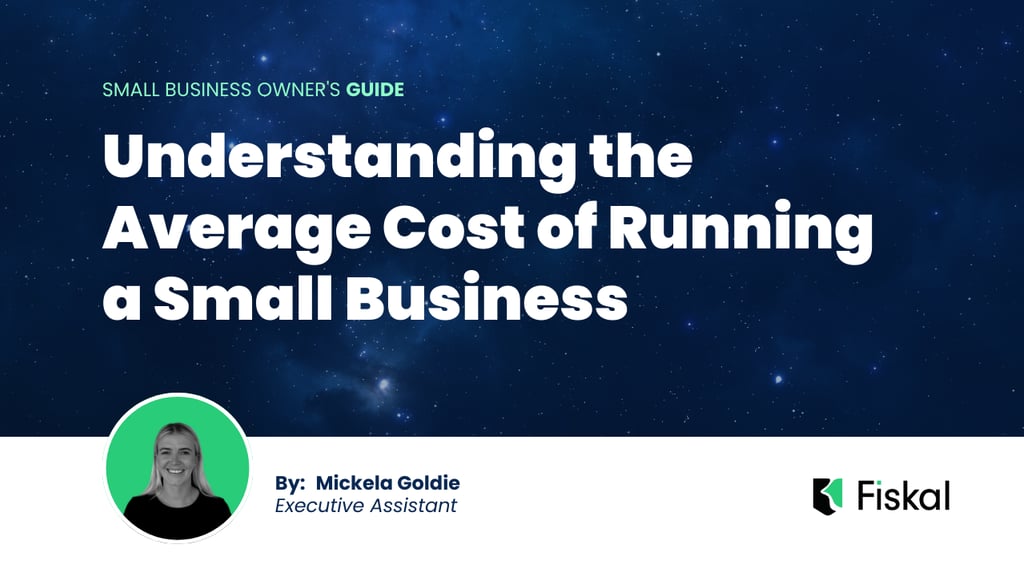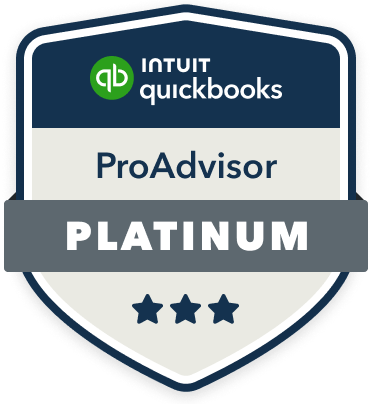Understanding the Average Cost of Running a Small Business
Starting a small business is a dream for many, but it's crucial to understand the financial commitment required to turn this dream into a reality. The cost of running a small business varies widely depending on the industry, location, and scale of operations. However, there are common expenses that every entrepreneur should consider when planning their budget. This blog post will break down these costs to help you better prepare for your entrepreneurial journey.
SYSTEMS AND SOFTWARE


Initial Setup Costs
Business Registration and Licenses:
Registering your business name, obtaining necessary licenses and securing permits can range from $50 to several thousand dollars depending on the type of business and its location.
Legal and Professional Fees:
Hiring a lawyer to help with business structure, contracts and compliance can cost anywhere from $500 to $2,000 initially. Accountants or business consultants might add another $500 to $1,500 to your startup expenses.
Office Space:
Renting a commercial space can vary dramatically. On average, small business owners might spend between $500 and $3,000 per month on office rent. Some opt for coworking spaces which can be more affordable, costing between $50 and $500 per month.
Equipment and Supplies:
Depending on your business, you might need computers, printers, furniture and other equipment. This can range from $1,000 to $10,000 or more for initial setup.
Inventory:
For retail or manufacturing businesses, initial inventory costs can be substantial, ranging from $2,000 to $20,000 or more.
Operational Costs
Salaries and Wages:
If you’re hiring employees, salaries will be one of your biggest expenses. The cost will vary, but even a modest small business might spend $3,000 to $10,000 per month on payroll for a few employees.
Utilities and Office Supplies:
Monthly utilities (electricity, internet, water) can add up to $200 to $1,000 depending on your location and the size of your operation. Regular office supplies might add another $50 to $200 per month.
Marketing and Advertising:
To attract customers, you’ll need to invest in marketing. This can include digital marketing, print ads and promotional events. Budgeting $500 to $2,000 per month is a reasonable starting point for a small business.
Insurance:
Business insurance is essential to protect against unexpected losses. Costs can vary, but you should expect to spend between $500 and $3,000 per year depending on your coverage needs.
Technology and Software:
Subscriptions for software, website maintenance and other tech needs can cost $100 to $500 per month.
Variable Costs
Shipping and Logistics:
If your business involves shipping products, you’ll need to account for these costs. Depending on your sales volume, this could range from a few hundred to several thousand dollars per month.
Maintenance and Repairs:
Regular maintenance for your equipment or premises can be an unpredictable but necessary expense. Budgeting around $100 to $500 monthly for unexpected repairs is prudent.
Taxes:
Business taxes vary significantly based on your location, business structure and revenue. Setting aside a portion of your income, typically 15-30%, for taxes is advisable.
Contingency Fund
It’s wise to have a contingency fund to cover unexpected expenses. Aim to have at least 10% of your projected monthly expenses set aside for emergencies.
Total Monthly Cost
While the costs can vary widely, a small business might expect to spend anywhere from $5,000 to $20,000 per month in the early stages. Here's a quick breakdown:
Initial Setup Costs: $5,000 - $50,000
Monthly Operational Costs: $5,000 - $20,000
Conclusion
Understanding the average cost of running a small business is vital for planning and sustaining your operations. By accounting for both initial and ongoing expenses, you can create a realistic budget that helps ensure your business's longevity and success. Remember, these figures are averages and can vary based on numerous factors. Always tailor your budget to fit your specific business needs and market conditions. With careful planning and financial management, your small business can thrive in today’s competitive environment.












